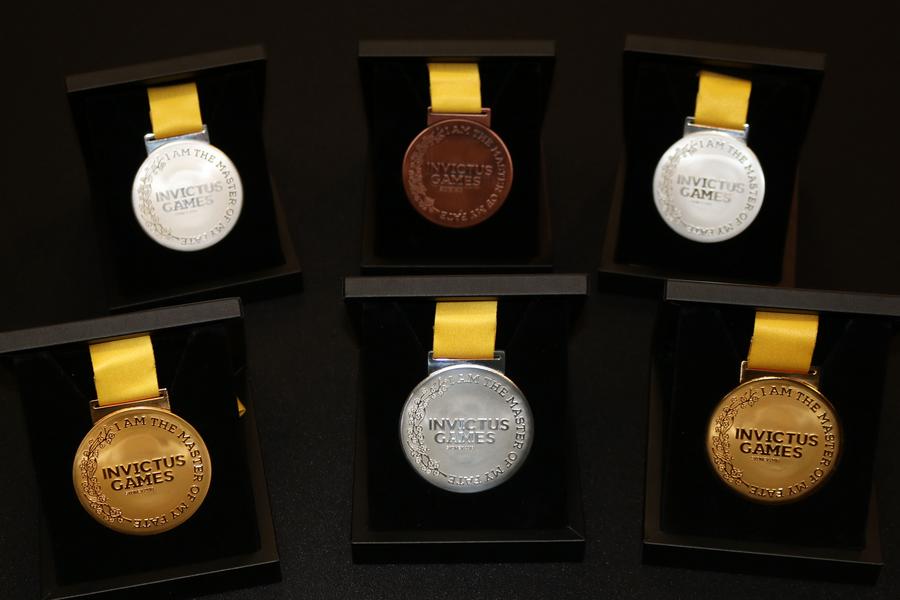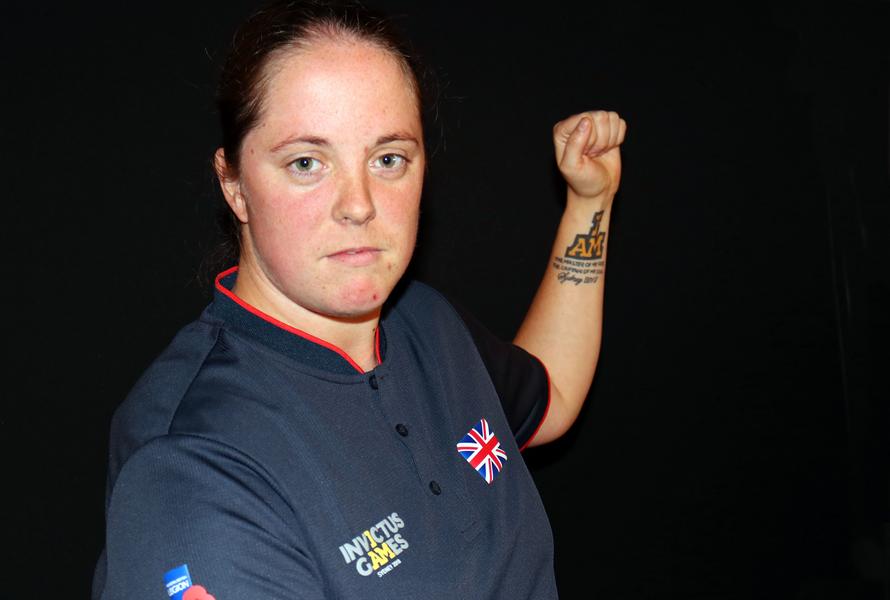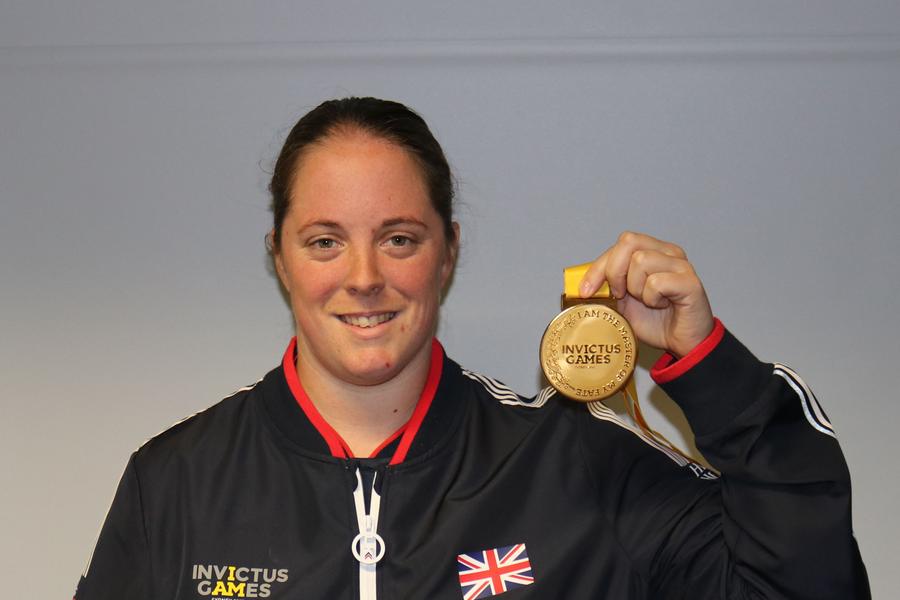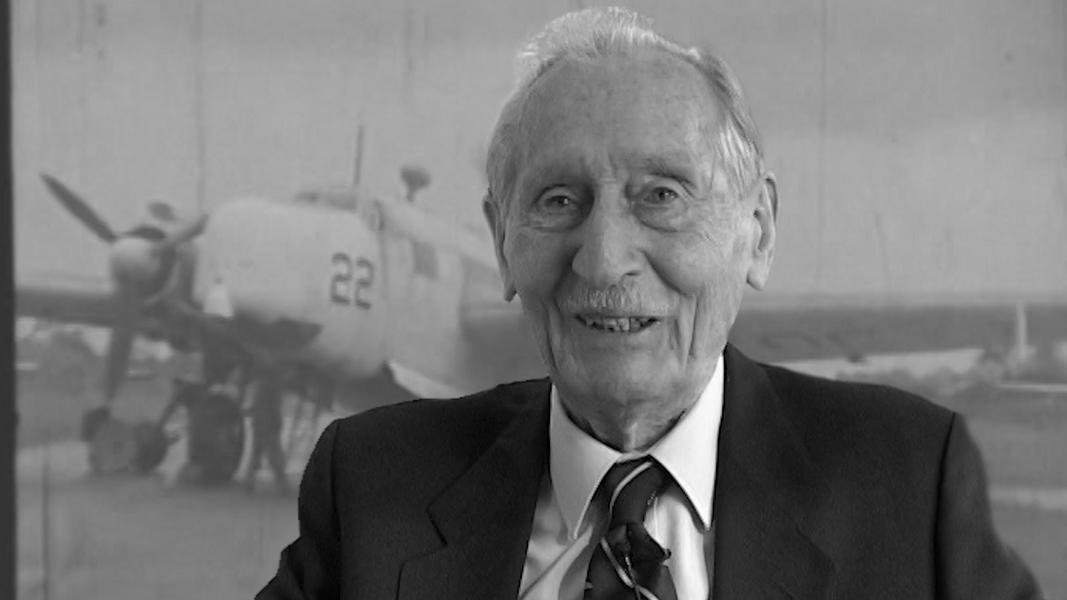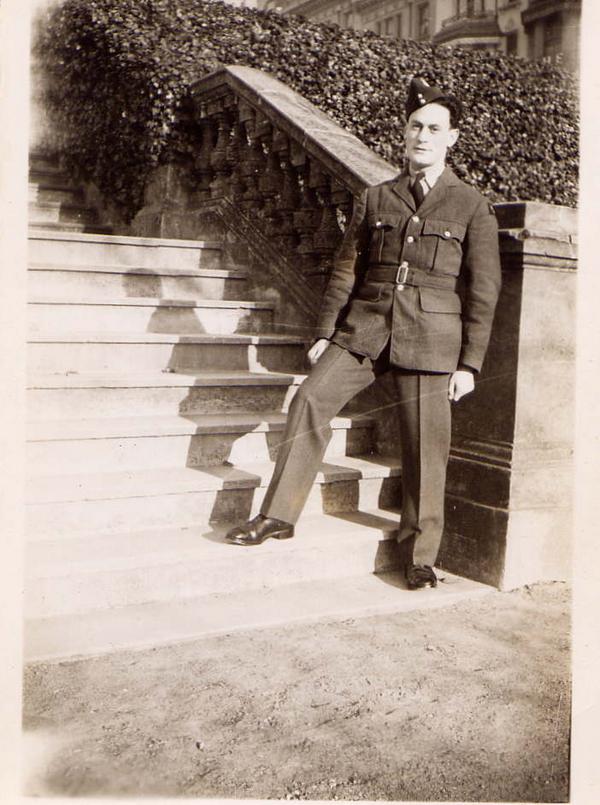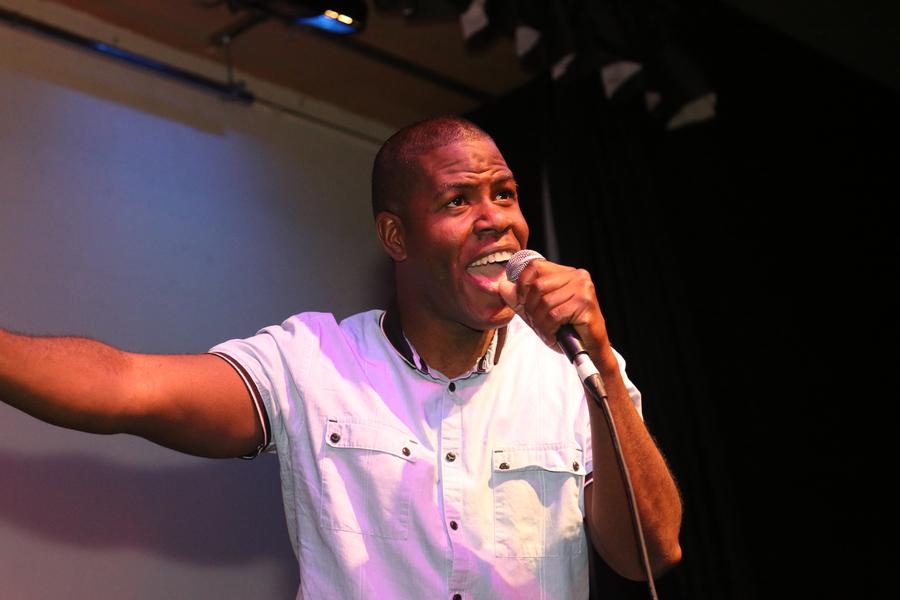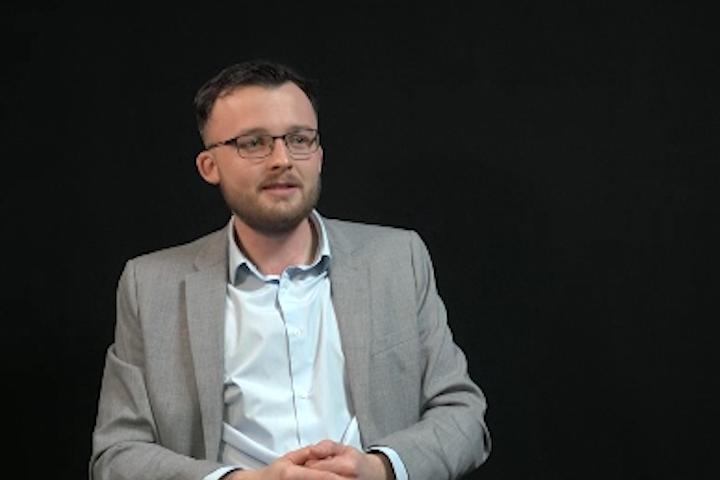and it's basically to show it's, can be
for serving people who are either still serving,
who know they're in a resettlement phase and about to leave
and that was just a sports adaptation week.
You learn how to socialize again.
You learn how to do sports in different ways.
On that course, I actually met a friend
and they told me the Invictus Games.
Put my interest in, I learned about all the sports,
I learned that actually I do still enjoy 'em
even though I have all these memories from them all
and that worked out perfectly for me.
I was lucky enough to be selected this year
at the Invictus Games in Sydney.
I did swimming and indoor rowing.
Swimming probably was the biggest challenge for me.
I still had those memories of being 16, 17 again,
come off trial finals
and yes, I didn't wanna let myself down again.
Didn't wanna miss out by that one second.
The fact my parents were there,
they've never seen me swim one-armed before
'cause I never let 'em.
I did not want to show them, this is the one-armed girl
that goes 'round in circles.
My parents do remember me bein' this fit little kid
and stormin' up and down the pool
with all the energy in the world
to now, tryin' to break a barrier
and swim with a non-dominant arm that I wasn't use to.
It kinda has helped 'cause I've built up strength
in the side for I've had to learn to adapt in general life.
It's all buildin' blocks on each area, really,
sort of in the job and within sports itself.
I did need it.
I needed them to see me to do it in a different way
even though I didn't at the same time.
I was scared to cross that boundary
but it had to be done.
I had to go for it.
Even after all the races, I've never cried so much
in my life.
I doubt if I'll cry again for two years
'cause I just didn't believe that I could do it.
The fact that I did it and in front of my parents
who always see me as that person that,
they knew me, they knew (mumbles)
I could actually do it.
But it was more, believe in myself was the biggest hurdle.
